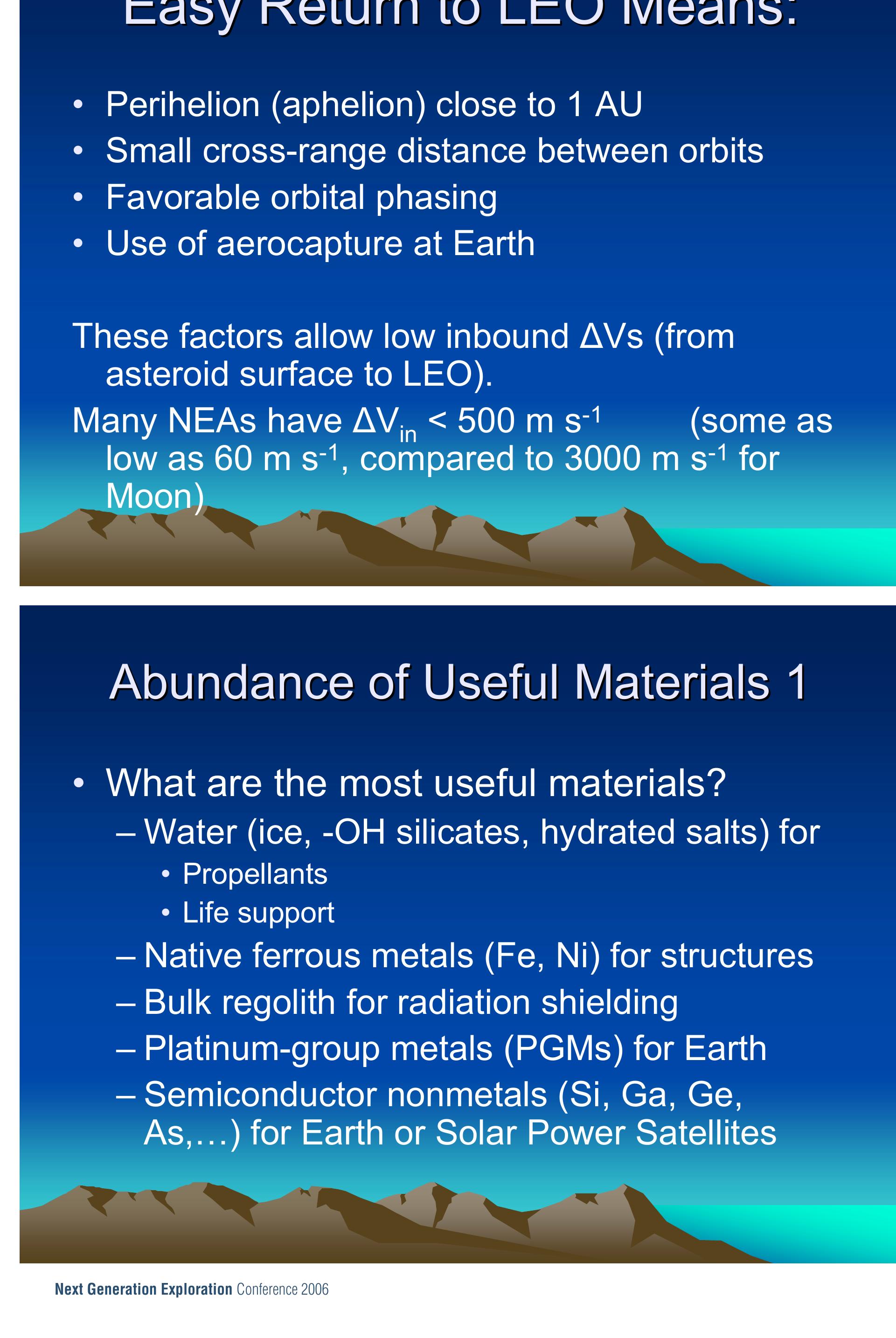Key research themes
1. How can sustainable and responsible commercial practices be developed to manage space environment challenges arising from increasing private sector activity?
With the rapid increase of private participants and commercial uses of outer space, researchers scrutinize the sustainability of the space environment—especially orbital congestion and space debris—as quintessential issues. The theme looks at multidisciplinary approaches addressing the technological, legal, economic, and policy measures necessary to ensure safe, equitable, and long-term access to space amidst intensifying commercial ventures.
2. What legal and policy frameworks are evolving to support commercial resource exploitation and economic uses of outer space while balancing sovereignty and international obligations?
Research in this theme interrogates the tension between national sovereignty claims and the principle of outer space as the common heritage of mankind, focusing on emerging national legislations that enable private companies to exploit extraterrestrial resources. It explores the gap between existing international treaties, national space laws, and commercial ambitions, analyzing their implications for equitable resource utilization, sovereignty rights, and international cooperation mechanisms that facilitate space economy expansion.
3. What is the current and prospective economic viability of emerging commercial space sectors, particularly space tourism, private space stations, and entrepreneurial startups utilizing space technologies?
This theme explores the commercialization of space beyond resource exploitation, focusing on space tourism, private orbital platforms, startups leveraging NASA technologies, and human-centric innovations like in-space gastronomy. It investigates models for financing, sustainable economic demand, and the challenges/opportunities inherent to developing profitable commercial markets in outer space. The research integrates technical feasibility assessments with market and policy insights to inform the future scalability of private space activities.























































